



Keynote Speakers
Plenary Speakers

The University of Queensland, Australia
Professor Debra Bernhardt is internationally recognised for her contributions to the development of nonequilibrium statistical mechanics and thermodynamics including far-from-equilibrium fluids and confined fluids. She is a Fellow of Australian Academy of Science and the Royal Australian Chemical Institute and an ARC Australian Laureate Fellow. Professor Bernhardt’s 30 years of research experience includes appointments at the University of Basel, Switzerland; the Australian National University; and Griffith University, where she was founding director of the Queensland Micro- and Nanotechnology Centre. Professor Bernhardt's research interests focus on the use of a range of theoretical and computational approaches to develop a fundamental understanding of the behaviour of matter, and application of these approaches to a wide range of problems including transport in nanopores, fluctuation phenomena, design of materials, gas separation, energy storage and conversion.
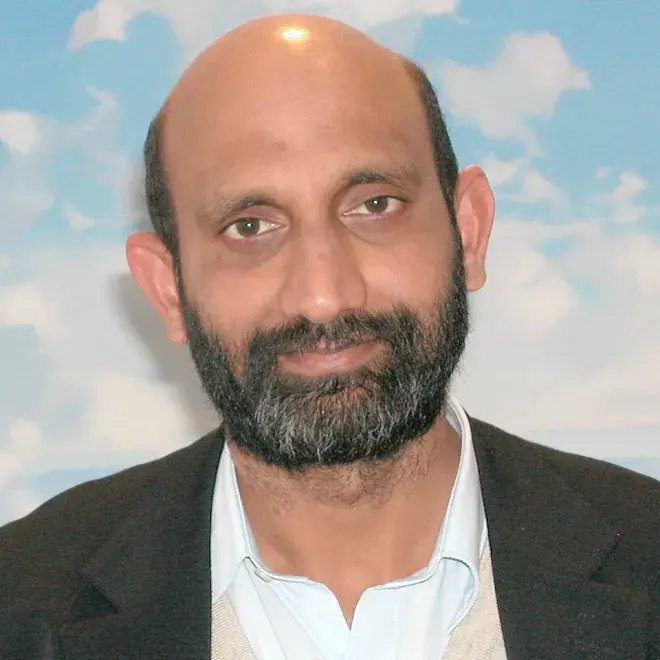
Australian National University, Australia
Dr. Jagadish received the B.Sc. (Nagarjuna), M.Sc(Tech) (Andhra), M.Phil. and Ph.D. (Delhi) degrees in 19977, 1980, 1982 and 1986. He was a Lecturer in Physics and Electronics at S.V. College, University of Delhi, during 1985-88 and worked at Queen’s University, Kingston, Canada, during 1988-90 as a post-doctoral research fellow. He moved to ANU in 1990 and is currently Distinguished Professor and Head of Semiconductor Optoelectronics and Nanotechnology Group in the Department of EME, RSPE, the ANU. He is also serving as Director of ANFF, ACT node and Convenor of the Australian Nanotechnology Network. He has served as Vice-President and Secretary Physical Sciences of the Australian Academy of Science and current serving as President of the IEEE Photonics Society and Australian MRS. His research interests include compound semiconductor optoelectronics, neuroscience and nanotechnology.

National University of Singapore, Singapore
Dr. Zhiqun Lin is currently Professor of Chemical and Biomolecular Engineering at the National University of Singapore (NUS). He received his BS degree in Materials Chemistry from Xiamen University in 1995, Master degree in Macromolecular Science from Fudan University in 1998, and PhD degree in Polymer Science and Engineering from University of Massachusetts, Amherst in 2002. He did his postdoctoral research at University of Illinois at Urbana-Champaign. He joined the Department of Materials Science and Engineering at the Iowa State University as an Assistant Professor in 2004 and was promoted to Associate Professor in 2010. He moved to Georgia Institute of Technology in 2011, and become a Professor in 2014. He relocated to National University of Singapore in 2022. His research interests include block copolymers, conjugated polymers, functional nanocrystals, photocatalysis, electrocatalysis, batteries, solar cells, hierarchically structured and assembled materials, and surface and interfacial properties.

The University of New South Wales, Australia
Prof Xiaojing Hao obtained her PhD in the School of Photovoltaic and Renewable Energy Engineering of UNSW in 2010, and currently the full Professor (tenured), ARC future Fellow at UNSW. Prof Hao has focused her research on low-cost, high-efficiency thin film solar cells and tandem solar cells for more than ten years, researching on various energy materials, initially using Si, and then earth-abundant compound semiconductor materials such as chalcogenides for both solar photovoltaic and solar fuel applications. Prof Hao now leads a strong group in the above areas, achieving a number of efficiency records on emerging thin film solar cells. Prof Hao has published 166 peer-reviewed journal papers, including publications in Nature Energy, Energy and Environmental Science, with several awards for her research excellence. She was the recipient of Inaugural Australian Renewable Energy Agency Postdoc Fellow, previous ARC DECRA, inaugural Sciential Fellow at UNSW.

University of Science and Technology of China, China
Professor Qunfeng Cheng is a professor in the School of Nano Science and Technology of Suzhou Institute for Advanced Research, USTC in China. Dr. Cheng's research has discovered and experimentally confirmed for the first time the void defects in the two-dimensional nanocomposites induced by capillary contraction. Dr. Cheng has developed a new strategy of sequential bridging and nanoconfinement assembly to cure the void defects. Dr. Cheng has achieved dense and high alignment of two-dimensional nanosheets assembly, created two-dimensional nanocomposites with excellent mechanical and electrical properties, which surpass carbon fiber composites. Dr. Cheng also explored their applications in aerospace, flexible electronic devices, biomedical engineering, and other fields. Dr. Cheng has published more than 100 papers including 3 papers in Science, 1 paper in Nature, 1 paper in Nat. Mater., 4 papers in Nat. Commun., 2 papers Sci. Adv., 5 papers in PNAS with over 12,000 citations, and a Google Scholar h-index of 63.

Technical Institute of Physics and Chemistry CAS, China
Dr. Tierui Zhang is a full Professor in Technical Institute of Physics and Chemistry (TIPC), Chinese Academy of Sciences (CAS). His research activity focuses on catalyst nanomaterials for energy conversion such as photocatalytic solar fuels and value-added chemicals. He has published more than 380 peer reviewed SCI journal articles in international famous journals such as Nat. Catal. These publications have earned him to date over 48000 citations with H-index 122. He was named in the annual Highly Cited Researchers 2018-2024 List by Clarivate Analytics. He was granted 60 national invention patents in China. Dr. Zhang is the associate editor of Science Bulletin, Industrial Chemistry & Materials, Nano Research Energy and Transactions of Tianjin University, and also serves as an editorial board member for peer-reviewed journals including Advanced Energy Materials, Advanced Science, Chemical Science. He is the recipient of a number of awards including Alexander von Humboldt Fellowship, Royal Society-Newton Advanced Fellowship.
.jpg)
University of New South Wales, Australia
Prof. Martina Stenzel is an expert in the design of polymer nanoparticles and their interaction with the biological system.
Martina Stenzel studied chemistry at the University of Bayreuth, Germany, before completing her PhD in 1999 at the Institute of Applied Macromolecular Chemistry, University of Stuttgart, Germany. She then started working as a postdoctoral Fellow at the UNESCO Centre for Membrane Science and Technology at the University of New South Wales (UNSW), Sydney, Australia, before being appointed as lecture in 2002 at the same University.
In 2012 she was promoted to full Professor and is now UNSW Scientia Professor and ARC (Australian Research Council) Laureate Fellow. In 2018 she was elected as Fellow of the Australian Academy of Science.
She is now a Scientia Professor in the School of Chemistry, as well as an ARC Laureate Fellow. She has more than 400 publications on the design of functional polymer nanoparticles for drug delivery applications.
1. Optics, Photonics and Optoelectronics

Dr. Liaoyong Wen
Westlake University, China

A/Prof. Jiawen Li
The University of Adelaide, Australia

Dr. Xi Zhu
University of Technology Sydney, Australia

Dr. Haoran Ren
Monash University, Australia

Prof. Caglayan Humeyra
Eindhoven University of Technology, Netherlands

Prof. Andrey Sukhorukov
The Australian National University, Austalia

Prof. Jinshi Xu
University of Science and Technology of China, China

Dr. Chaohao Chen
University of Technology Sydney, Australia

Prof. Feng Chen
Shandong University, China

Prof. Xifeng Ren
University of Science and Technology of China, China

Prof. Arnan Mitchell
RMIT University, Australia

Prof. Sumeet Walia
RMIT University, Australia

Prof. Chao Lv
The Hong Kong Polytechnic University, Hong Kong

Prof. Xinzheng Zhang
Nankai University, China

Prof. Dragomir Neshev
The Australian National University, Australia

Prof. Xingzhan Wei
Chongqing Institute of Green and Intelligent Technology cAS, China

Prof. Zhenxu Bai
Hebei University of Technology, China

Prof. Heike Ebendorff-Heidepriem
The University of Adelaide, Australia

Prof. Qiaoliang Bao
University of Shanghai for Science and Technology, China

Prof. Xiangping Li
Jinan University, China
2. Solar Energy Harvesting and Photo Detection

Prof. Gavin Conibeer
The University of New South Wales, Australia

Prof. Xiaotao Hao
Shandong University, China

Prof. Yasuhiro Tachibana
RMIT University, Australia

Dr. Mei Gao
CSIRO, Australia

A/Prof. Cuong Ton-That
University of Technology Sydney, Australia

Prof. Qin Li
Griffith University, Australia

Prof. Linghai Xie
Nanjing University of Posts and Telecommunications, China

Prof. Daniel MacDonald
The Australian National University, Australia

Dr. Jialiang Huang
The University of New South Wales, Australia

Prof. Xuewen Wang
Wuhan University of Technology, China

A/Prof. Ashraf Uddin
The University of New South Wales, Australia

Dr. Xiawa Wang
Duke Kunshan University, China

Dr. Jincheol Kim
Macquarie University, Australia
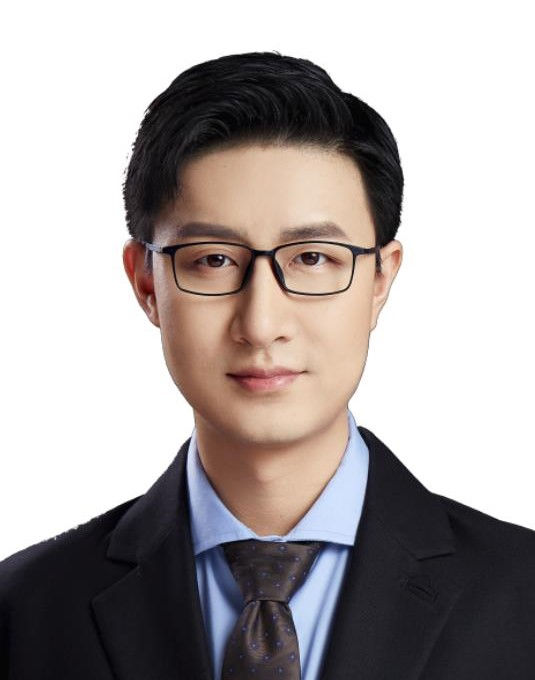
Dr. Meng Zhang
The University of New South Wales, Australia

Prof. Jacek Jasieniak
Monash University, Australia

Dr. Chris Hall
The University of Melbourne, Australia

Dr. Peng Chen
The University of Queensland, Australia

Prof. Qingbo Meng
Institute of Physics CAS, China
3. Advanced Characterisation and Simulation Techniques

Prof. Jan Seidel
The University of New South Wales, Australia

Dr. Yu Mao
University of Auckland, New Zealand

Prof. Aijun Du
Queensland University of Techonology, Australia

Prof. Dmitri Golberg
Queensland University of Techonology, Australia

Dr. Xinwei Guan
Macquarie University, Australia

Dr. Ziyun Wang
University of Auckland, New Zealand

Dr. Tianze Wu
Nanyang Technological University, Singapore

Dr. Jodie Yuwono
The University of Adelaide, Australia
%20Zhang.jpg)
Dr. Zhongpu (Leo) Zhang
Western Sydney University, Australia

Prof. Zhe Liu
The University of Melbourne, Australia

Prof. Leslie Yeo
RMIT University, Australia

Prof. Jianzhen Ou
RMIT University, Australia

A/Prof. Noushin Nasiri
Macquarie University, Australia

Prof. Min Hong
University of Southern Queensland, Australia

Dr. Daqin Guan
Curtin University, Australia
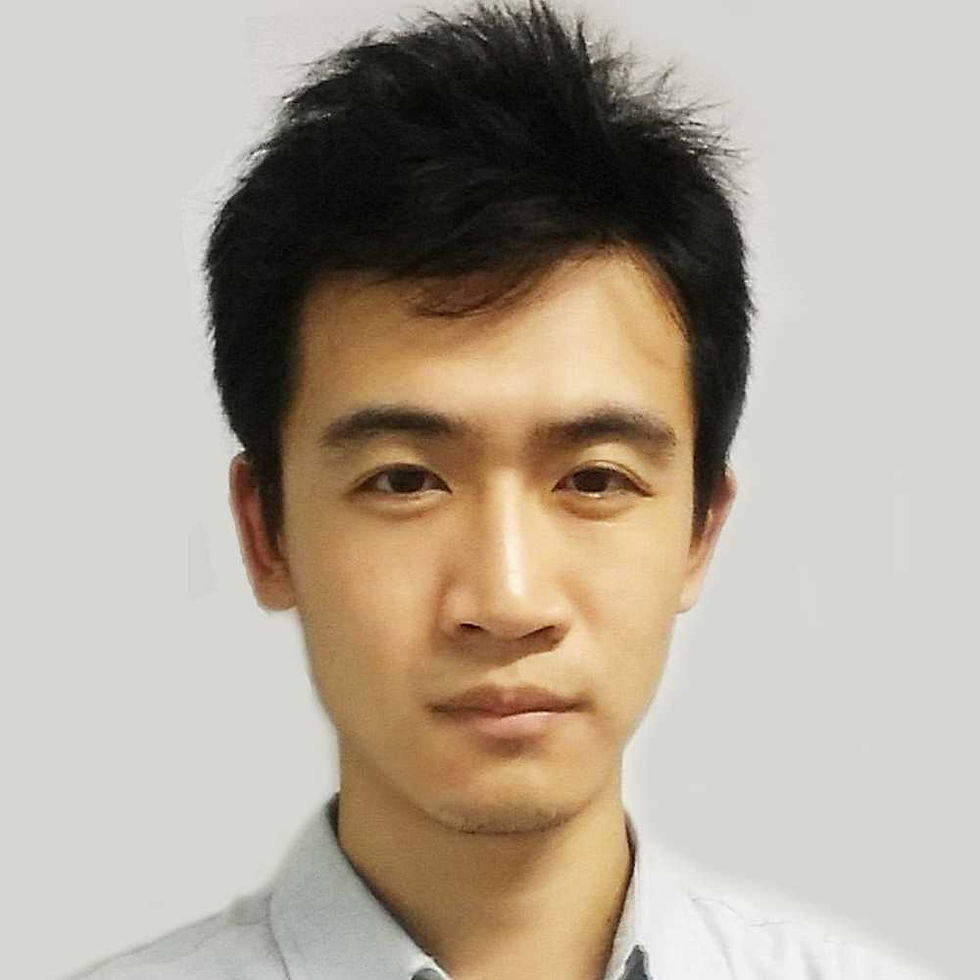
Dr. Hank Han
RMIT University, Australia

Dr. Priyank Vijaya Kumar
University of New South Wales, Australia

A/Prof. Liangzhi Kou
Queensland University of Technology, Australia

Prof. Yalin Lu
University of Science and Technology of China, China
4. Emerging Materials for Diagnostics and Therapeutics

Prof. Yuning Hong
La Trobe University, Australia

Dr. Vi Khanh Truong
Flinders University, Australia

Prof. Georgina Such
The University of Melbourne, Australia

Dr. Changkui Fu
The University of Queensland, Australia

Dr. Ruirui Qiao
The University of Queensland, Australia
%20Gu.jpg)
A/Prof. Zi (Sophia) Gu
The University of New South Wales, Australia

Dr. Haiyan Li
RMIT University, Australia

Dr. Jiao Jiao Li
University of Technology Sydney, Australia

A/Prof. Kristian Kempe
Monash University, Australia

Prof. Natalie Trevaskis
Monash University, Australia

A/Prof. Ming Li
The University of New South Wales, Australia

Dr. Brendan Dyett
RMIT University, Australia
.jpg)
Dr. Chun Xu
The University of Sydney, Australia

Dr. Saffron Bryant
RMIT University, Australia

Prof. Wenlong Cheng
The University of Sydney, Australia

Dr. Haitao Yu
RMIT University, Australia

A/Prof. Gangaraju Gedda
Chung-Ang University, Korea

A/Prof. David Bark
Washington University in St. Louis, USA
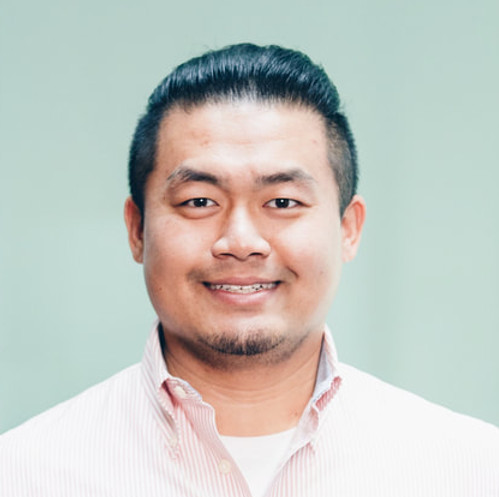
Dr. Qian Peter Su
University of Technology Sydney, Australia

Prof. Madhu Bhaskaran
RMIT University, Australia
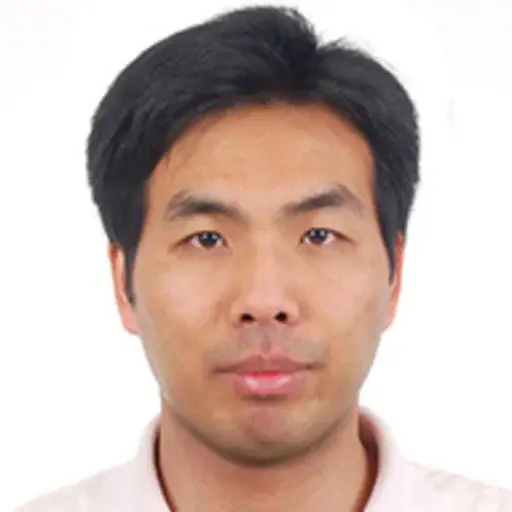
Prof. Kaihui Nan
Wenzhou Medical University, China

Prof. Amirali Popat
The University of Queensland, Australia
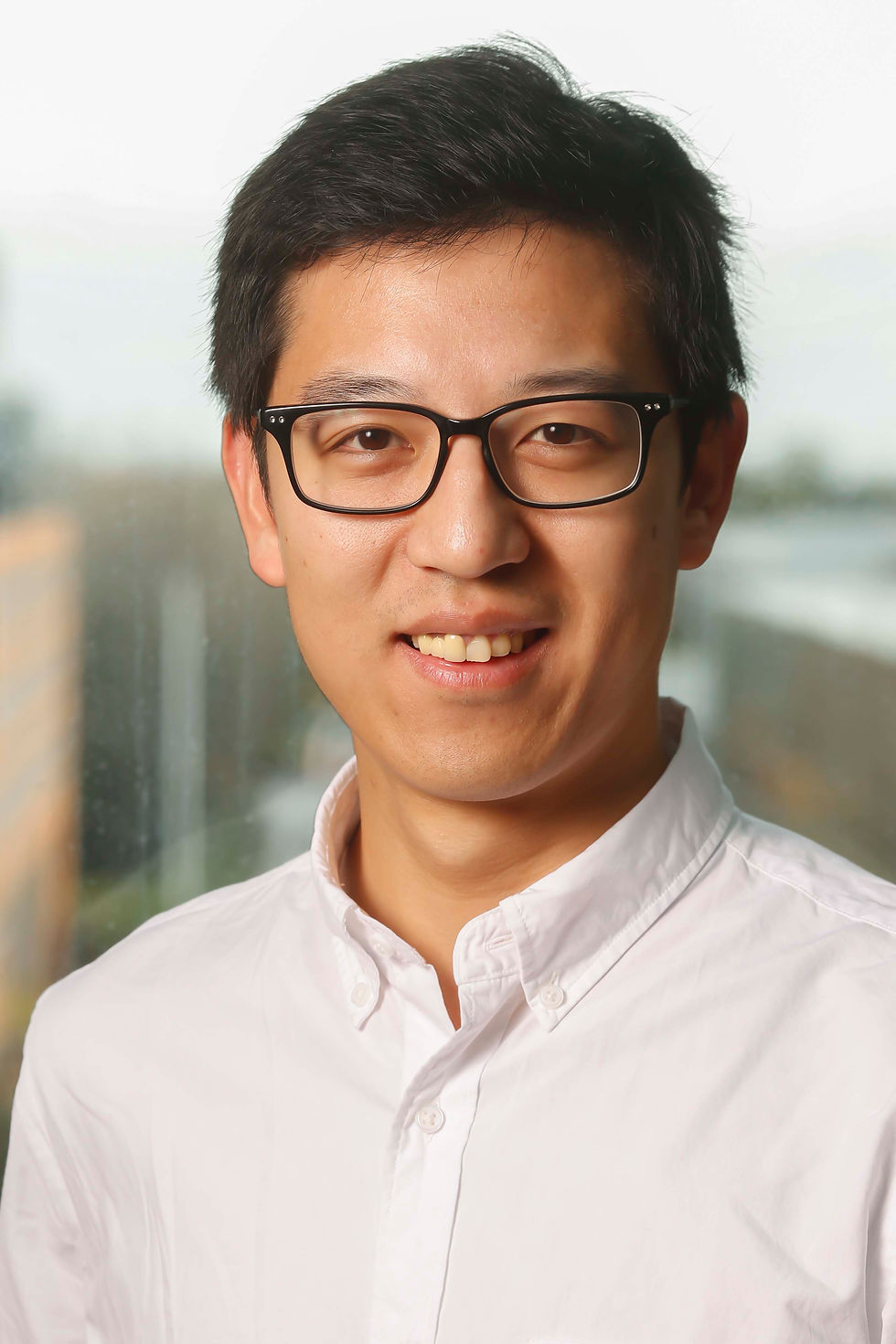
A/Prof. Kang Liang
The University of New South Wales, Australia
5. Sustainable Energy Storage

Prof. Jenny Pringle
Deakin University, Australia

Dr. Chao Ye
The University of Adelaide, Australia

Dr. Junnan Hao
The University of Adelaide, Australia

Prof. Jianfeng Mao
The University of Adelaide, Australia

Dr. Mahdokht Shaibani
RMIT University, Australia

Dr. Bing Sun
University of Technology Sydney, Australia

Dr. Qinfen Gu
ANSTO, Australia

Dr. Sailin Liu
The University of Adelaide, Australia

Dr. Gemeng Liang
The University of Adelaide, Australia

Dr. Yijun Zhong
Curtin University, Australia

Dr. Cheng Zhang
The University of Queensland, Australia

Dr. Teng Lu
The Australian National University, Australia

Dr. Jinqiang Zhang
University of Technology Sydney, Australia

Prof. Bin Luo
The University of Queensland, Australia

Prof. Wei Kong Pang
University of Wollongong, Australia

Dr. Bernt Johannessen
ANSTO, Australia

Dr. Dipan Kundu
The University of New South Wales, Australia

Dr. Xiaodan Huang
The University of Queensland, Australia
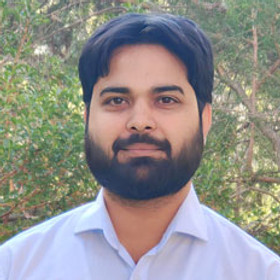
Dr. Muhammad Azhar
Edith Cowan University, Australia

Dr. Zengxia Pei
The University of Sydney, Australia

Prof. Neeraj Sharma
The University of New South Wales, Australia

Dr. Jiaye Ye
Queensland University of Technology, Australia

Dr. Juan Bai
Queensland University of Technology, Australia

Prof. Duy Thanh Tran
Jeonbuk National University, Korea

Prof. Joong Hee Lee
Jeonbuk National University, Korea

Dr. Lei Zhang
Griffith University, Australia
6. Catalysis for Energy and Sustainability

Prof. Dorna Esrafilzadeh
The University of New South Wales, Australia

Prof. Yu Lin Zhong
Griffith University, Australia

Prof. Zhongfan Jia
Flinders University, Australia

Prof. Guohua Jia
Curtin University, Australia

Prof. Gunther Andersson
Flinders University, Australia

Dr. Sam Chen
The University of Newcastle, Australia

Prof. Antonio Tricoli
The University of Sydney, Australia

A/Prof. Gang Li
The University of Melbourne, Australia

A/Prof. Md. Arifur Rahim
Monash University, Australia

Dr. Ali Jalili
The University of New South Wales, Australia

Prof. Zongyou Yin
The Australian National University, Australia
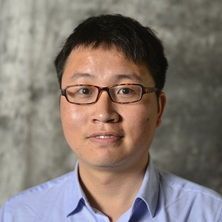
Dr. Xiangkang Zeng
The University of Queensland, Australia

Dr. Jinshuo Zou
University of Adelaide, Australia

Dr. Zhiliang Wang
The University of Queensland, Australia

Dr. Yang Wang
University of Bonn, Germany
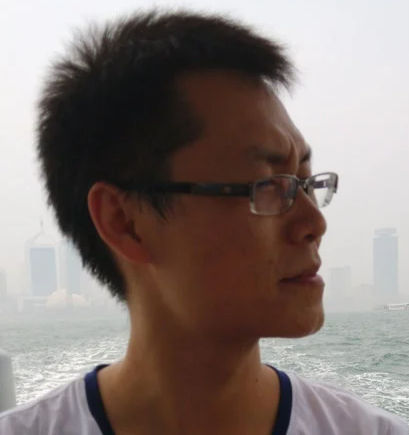
A/Prof. Kun Zhao
North China Electric Power University, China

Dr. Haijiao Lu
The University of Queensland, Australia

Dr. Jingrun Ran
The University of Adelaide, Australia

Dr. Kaiwen Sun
The University of New South Wales, Australia

Dr. Quanxiang Li (Sulley)
Deakin University, Australia

Dr. Yufei Zhao
University of Technology Sydney, Australia

A/Prof. Xiaoguang Duan
The University of Adelaide, Australia

Dr. Yong Zhao
University of Newcastle, Australia

A/Prof. Ravichandar Babarao
RMIT University, Australia

Dr. Rosalie Hocking
Swinburne University of Technology, Australia
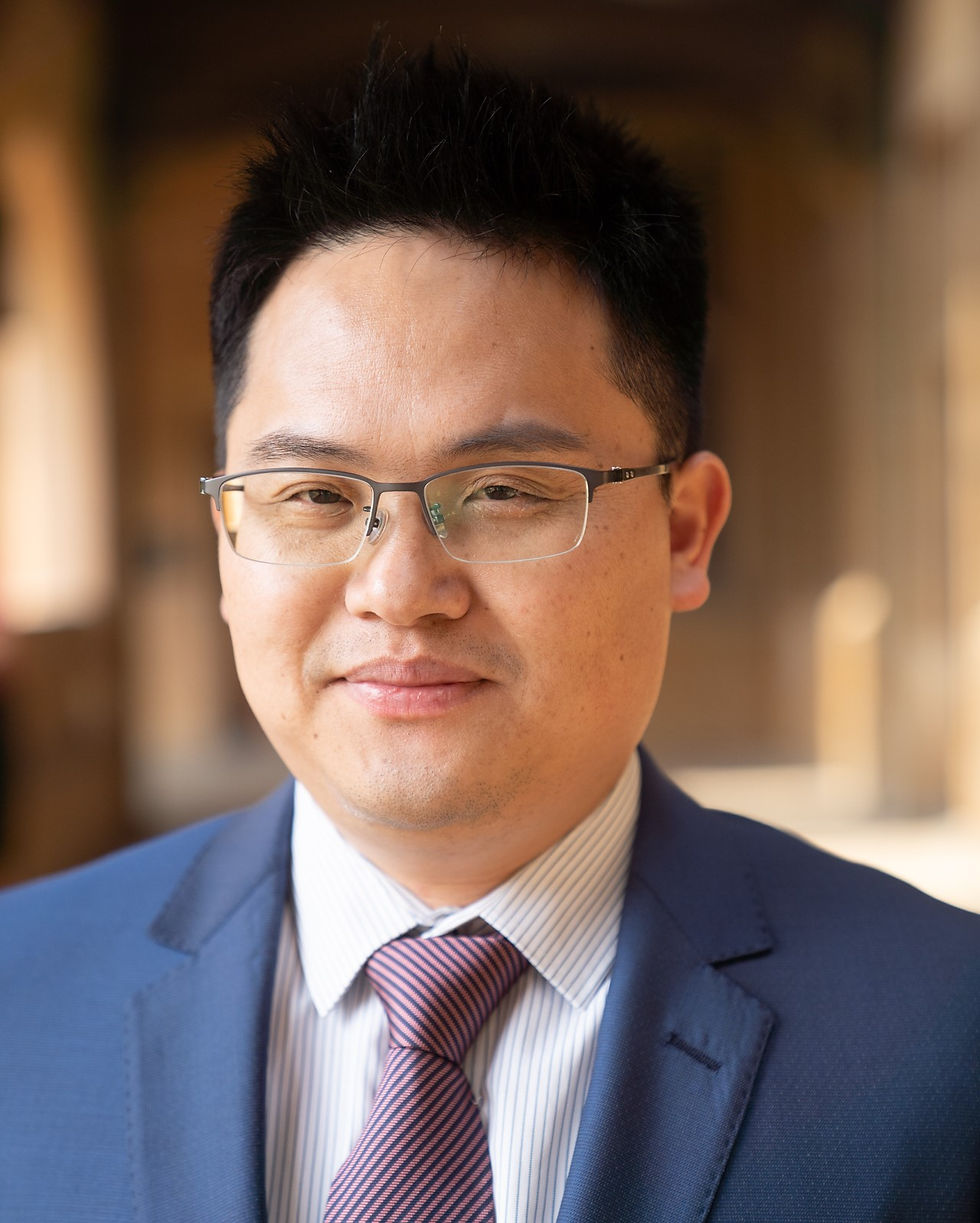
A/Prof. Wengui Li
The University of New South Wales, Australia

Dr. Peng Li
RMIT University, Australia

Dr. Lizhen Liu
The University of Sydney, Australia

Dr. Huayang Zhang
The University of Adelaide, Australia

Dr. Aoni Xu
The University of Sydney, Australia

Prof. Rachel Caruso
RMIT University, Australia

Dr. Doudou Zhang
Macquarie University, Australia
7. Nano-/Atom-fabrication and Advanced Manufacturing

Dr. Naimeh Naseritaheri
Monash University, Australia

Dr. Mohammad Ghasemian
The University of Sydney, Australia

Prof. Dong Ruan
Swinburne University of Technology, Australia

A/Prof. Aaron Lau Chit Siong
A-STAR, Singapore

Dr. Nitu Syed
RMIT University, Australia

Dr. Qiran Cai
Deakin University, Australia
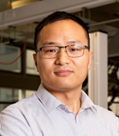
Dr. Shuhua Peng
The University of New South Wales, Australia

Dr. Shuying Wu
University of Sydney, Australia

Dr. Shaoyu Zhao
Swinburne University of Technology, Australia

Prof. Yang Yang
University of Technology Sydney, Australia

Dr. Sina Jamali
Griffith University, Australia

Prof. Mingzhu Li
Technical Institute of Physics and Chemistry, CAS, China

Prof. Xavier Mulet
RMIT University, Australia

Dr. Wenhao Liu
Harbin Institute of Technology, China